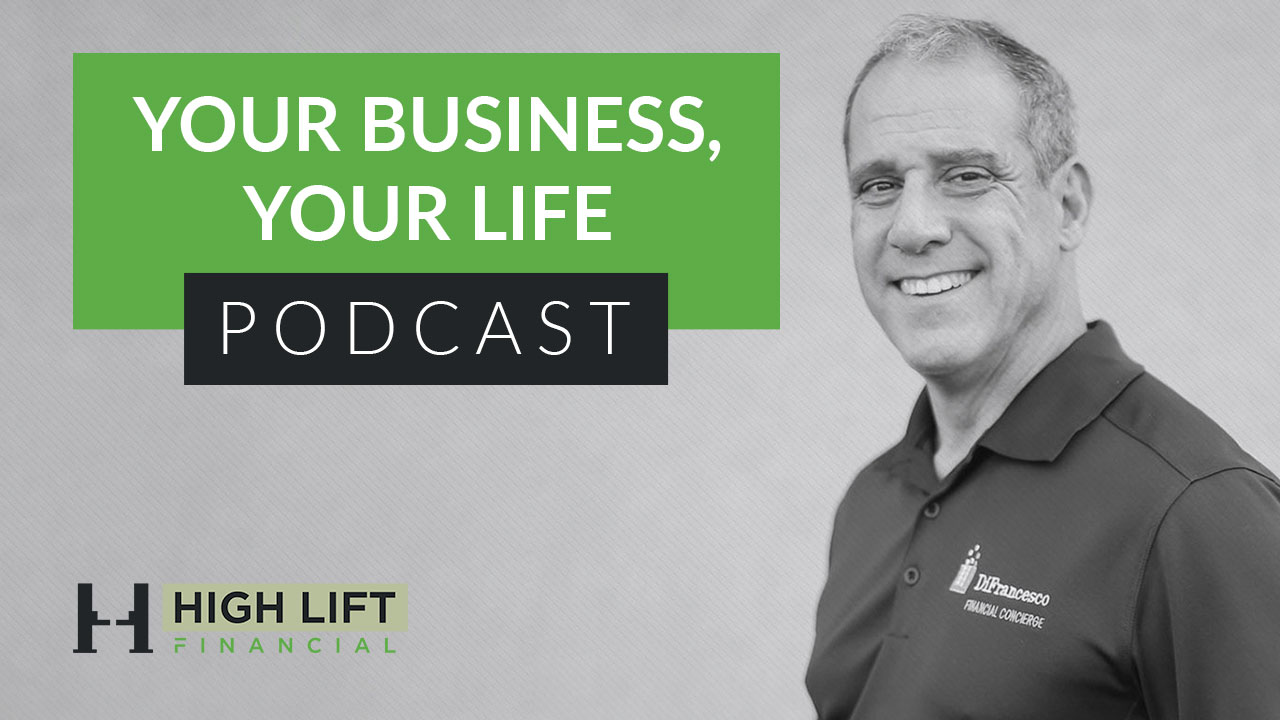For many collision shop owners, their business is more than just a source of income—it’s their identity, their legacy, and the result of years, often decades, of hard work. The idea of stepping away can feel daunting, even overwhelming.
However, delaying your exit can come with significant costs, both financially and emotionally.
Understanding these costs is the first step toward making a proactive and strategic decision about your future.
If you plan to sell your business soon and need an exit strategy, schedule a free 20-minute conversation with Matt DiFrancesco. Discuss your vision and find out how you can adjust the nuts and bolts of your business and life to become prosperous.
The Financial Toll of Delaying Your Exit
- Declining Business Value
One of the most overlooked financial risks of holding on too long is the potential decline in business value. Collision repair is a rapidly evolving industry with technological advancements, changing insurance dynamics, and increasing consolidation. A business that is thriving today may not hold the same value in five or ten years if an owner is not actively reinvesting in technology, training, and operational improvements. A shop that once commanded a premium valuation could see reduced buyer interest or lower offers if it begins to stagnate.
- Lost Opportunity for Wealth Diversification
For many shop owners, their business represents the majority of their net worth. Holding onto the business too long means keeping most of your wealth concentrated in one asset—an asset that depends on market conditions, operational risks, and industry trends. A timely exit allows owners to diversify their wealth, invest in other opportunities, and secure their financial future outside of the business.
- Increased Risk Exposure
As a business owner, you take on numerous risks every day. From economic downturns and changing insurance reimbursement rates to legal liabilities and employee-related issues, the longer you hold onto your shop, the greater the exposure. If an unforeseen event causes a downturn in business performance, it could significantly impact your ability to sell at a favorable price or exit on your own terms.
- The Cost of Being ‘Too Essential’
If an owner remains the central decision-maker in every aspect of the business, it can make the company less attractive to buyers. Buyers want a business that runs efficiently without heavy owner dependence. If you delay your exit without implementing systems, processes, and leadership transitions, you could find yourself in a position where your business is difficult to sell because it is too reliant on you.
The Emotional Toll of Holding On
- Burnout and Fatigue
Many shop owners start out passionate about their business, but over time, the stress of managing employees, dealing with insurance companies, and staying ahead of industry changes can take a toll. Holding on past the point of fulfillment can lead to burnout, which not only affects an owner’s health but also the performance of the business. A burned-out owner is more likely to make poor decisions, neglect necessary investments, or lose the motivation to drive the business forward.
- Strain on Personal Relationships
The long hours and high stress of running a collision shop can strain personal relationships, particularly if a business owner feels trapped in their role. Spouses and family members may encourage an exit, seeing the toll it takes on their loved one. Delaying that exit can create tension and resentment, making it harder to enjoy the very life the business was meant to support.
- Fear of the Unknown
One of the biggest emotional barriers to exiting is the fear of what comes next. Many owners struggle with the question, “Who am I without my business?” However, clinging to the familiar out of fear can prevent shop owners from discovering new passions, hobbies, or business ventures. Planning an exit with a clear vision of what comes next can ease this transition and make the next phase of life something to look forward to rather than fear.
- Delayed Enjoyment of Life
Many shop owners postpone personal goals and dreams, believing they will have time for them “someday.” Whether it’s traveling, spending more time with family, or pursuing hobbies, delaying an exit often means delaying the opportunity to fully enjoy life outside of work. Time is a finite resource, and waiting too long to exit can mean missing out on experiences that bring personal fulfillment.
How to Take Control of Your Exit
- Define Your Ideal Timeline
Instead of letting the decision to exit be dictated by burnout or unforeseen circumstances, proactively determine your ideal exit timeline. Consider both financial and personal readiness.
- Build Business Value Now
Even if you don’t plan to exit immediately, making your business more attractive to buyers today ensures that when you’re ready, you have options. Focus on developing strong management, reducing owner dependence, and optimizing profitability.
- Seek Professional Guidance
Business transitions are complex. Working with financial planners, valuation experts, and exit strategists can help you structure a deal that meets your financial and personal goals.
- Envision Your Life Beyond the Business
Rather than viewing an exit as an end, consider it a transition into something new. Whether it’s mentoring young shop owners, investing in other businesses, or finally enjoying a well-earned retirement, having a clear vision for life after business ownership can make the decision to exit easier and more exciting.
Conclusion
The decision to exit a business is one of the most important financial and personal choices a shop owner will ever make.
While it’s natural to feel attached to something you’ve built, the costs of holding on too long—both financially and emotionally—can be significant.
By planning proactively, shop owners can exit on their terms, maximize their business’s value, and move into the next stage of life with confidence and fulfillment.
Have you ever wondered what delaying your exit is really costing you?
At High Lift Financial, we understand that stepping away from your business isn’t just a financial decision—it’s an emotional one, too. However, holding on too long can lead to declining business value, missed opportunities for wealth diversification, and increased stress.
Imagine a future where you exit on your terms, with financial security and a plan in place for what’s next. We help shop owners build business value, reduce owner dependence, and create a clear roadmap for a profitable and fulfilling transition.
Don’t let indecision cost you. Take control of your future today—schedule a free strategy consultation with High Lift Financial and start planning your successful exit!
Here are other resources that you may want to check out:


